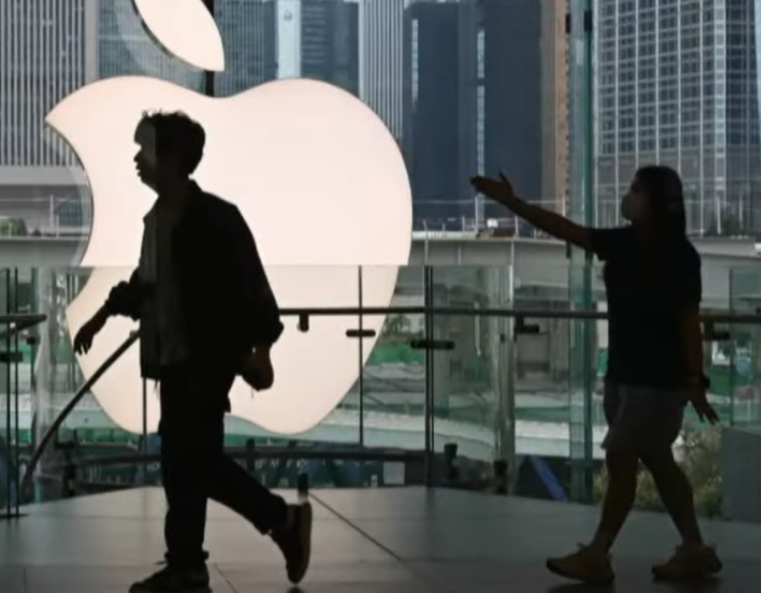📱 For the first time in its history, Apple is closing one of its flagship stores in China. According to 21st Century Business Herald, the Apple Store in Dalian (Liaoning Province) will shut down on August 9.
The store has been operating since October 2015, nearly 9 years. No official reason has been given, but in the current global climate and amid rising political tensions, the move doesn’t seem coincidental.
Possible reasons behind the decision:
1. Geopolitics and rising US-China tensions
China and the US have been engaged in a tech and trade “cold war” in recent years. Washington restricts chip exports to China, while Beijing increases pressure on foreign businesses. Apple’s move could be part of a broader strategy to reduce exposure in politically sensitive regions.
2. Competition from Chinese brands
In the smartphone market, Apple is losing ground to domestic giants like Huawei, Xiaomi, and Vivo. Chinese consumers are increasingly choosing local brands – partly out of patriotism, partly due to competitive pricing.
3. Shifts in consumer behavior
China’s e-commerce sector is among the most advanced globally. As more people shop online, the need for expensive physical retail locations diminishes. Apple may simply be streamlining its retail footprint.
4. Local economic factors
Dalian is not one of China’s top-tier cities. Foot traffic might have been insufficient to keep the store profitable – especially amid China’s economic slowdown.
📌Conclusion
While closing one store is not a disaster, it sends a powerful symbolic message. Apple may be reassessing its China strategy, especially as political and economic risks increase.
Are they preparing for war? Unlikely in the literal sense. But tech giants are clearly reinforcing their positions and diversifying risks – just in case geopolitics burns the last bridges between East and West.
All content provided on this website (https://wildinwest.com/) -including attachments, links, or referenced materials — is for informative and entertainment purposes only and should not be considered as financial advice. Third-party materials remain the property of their respective owners.


